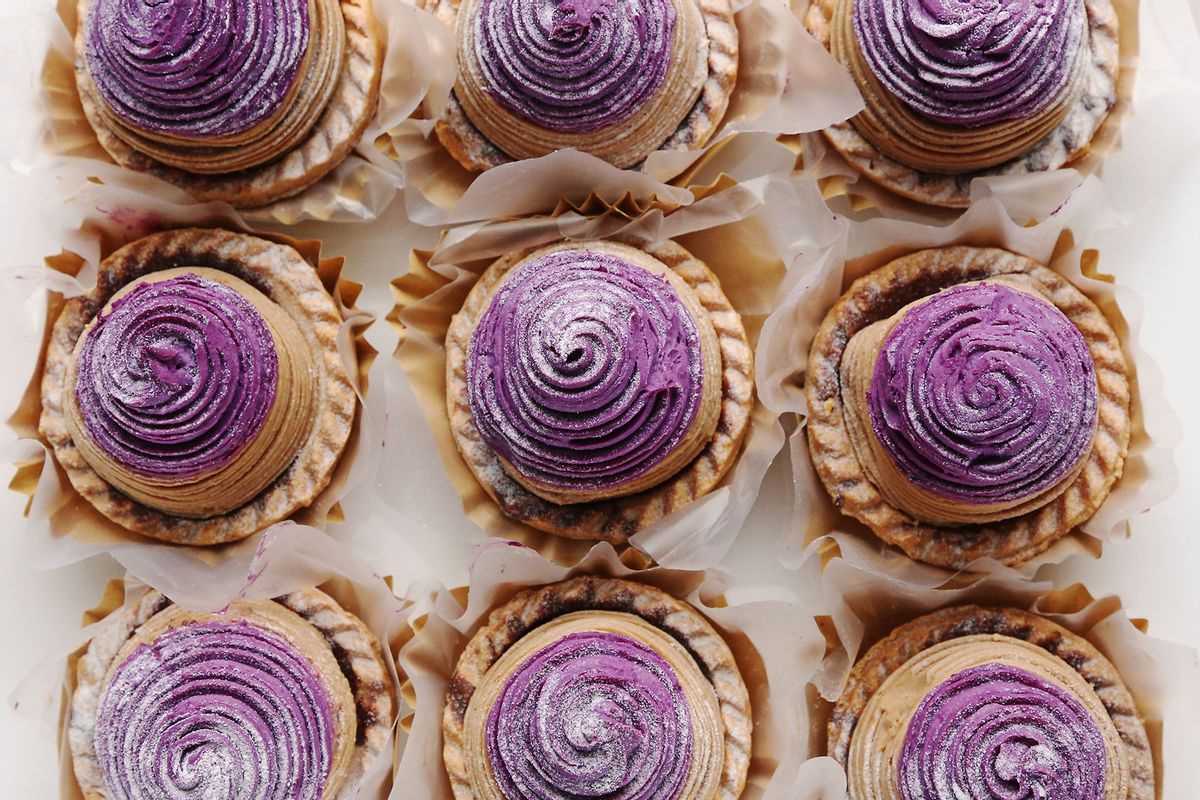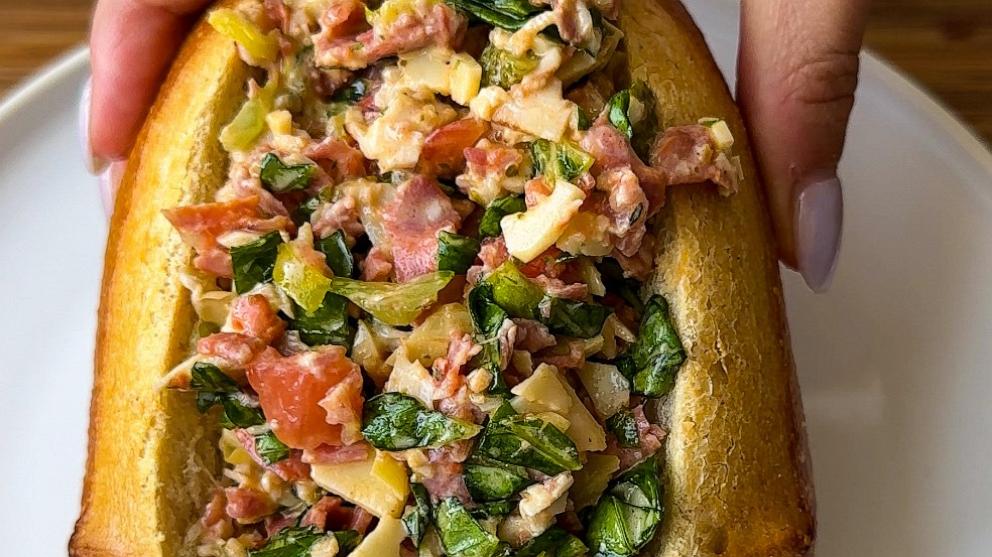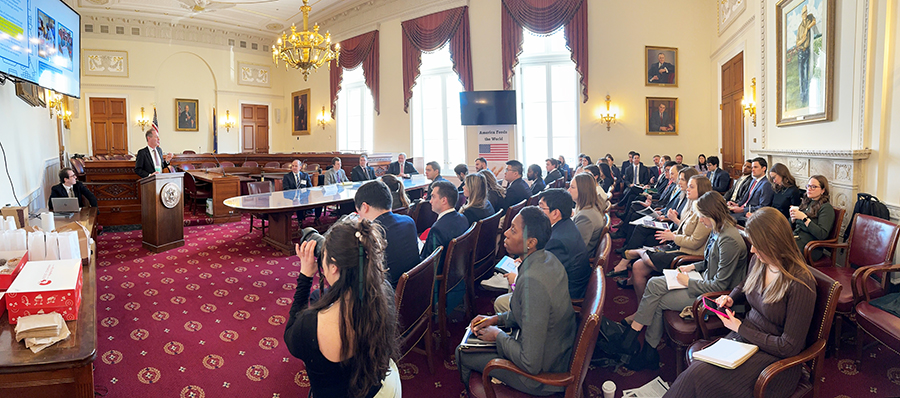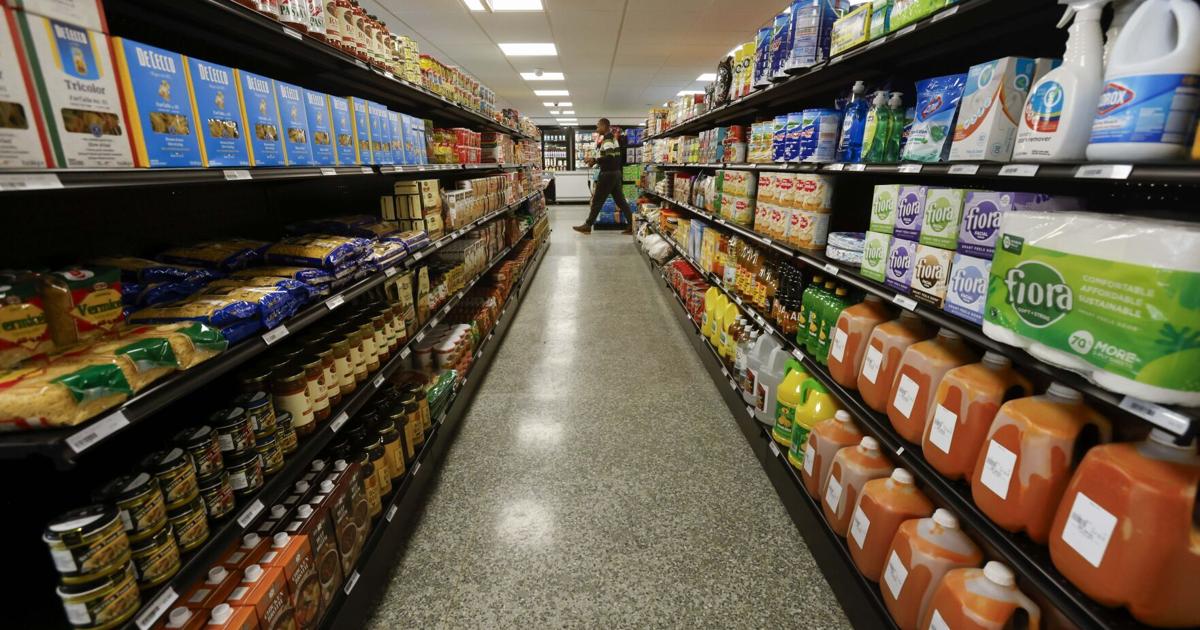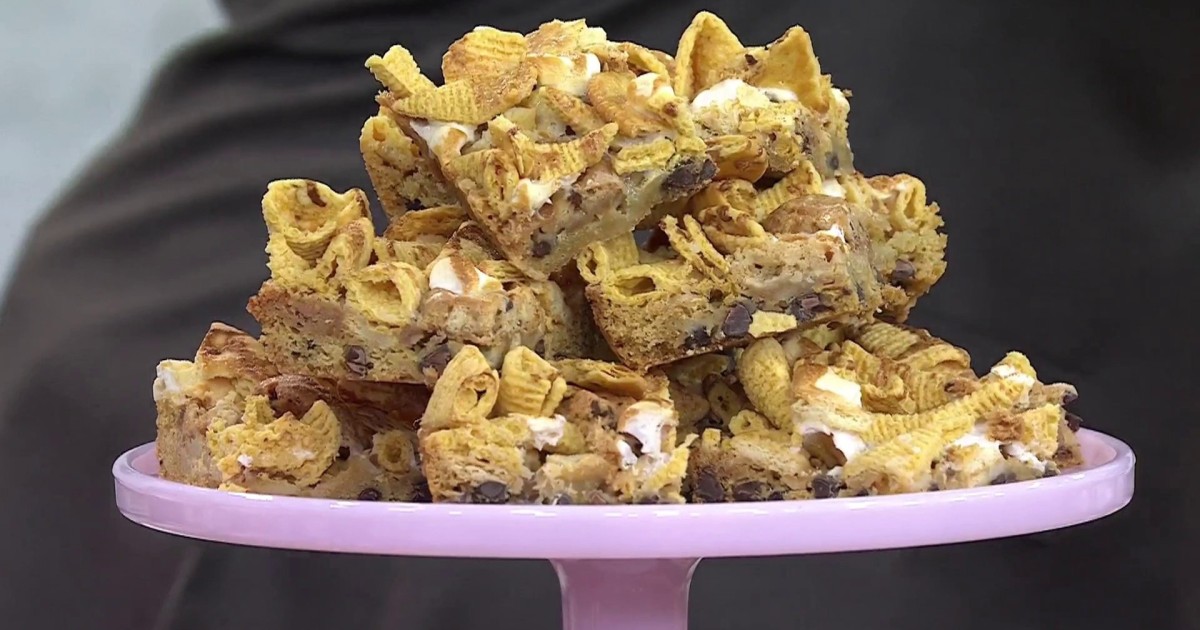“The FDA takes seriously any reports of possible adulteration of a food that may also cause illnesses or injury,” the FDA told The Washington Post in an emailed statement, noting that “isolated incidents” and “complaints of a less serious nature” are monitored and “may be used during a future inspection of a company to help the FDA identify problem areas in a production plant.”
The website Iwaspoisoned.com, a real-time consumer reporting platform for food safety issues, shows that Lucky Charms complaints have been trending since late 2021. But they’ve surged in recent weeks, with reports surpassing 3,000. Complaints have come from every U.S. state and Canada.
Andrea Williamson, a spokesperson for General Mills, told The Post that food safety is the company’s “top priority.”
“We take the consumer concerns reported via a third-party website very seriously. Through our continuing internal investigations, we have not found any evidence of consumer illness linked to the consumption of Lucky Charms,” Williamson said in an email. “We encourage consumers to please share any concerns directly with General Mills to ensure they can be appropriately addressed.”
The stream of reports on iwaspoisoned.com is remarkably consistent, with consumers from coast to coast complaining of severe stomach issues. Many reports came from worried parents and grandparents.
“My daughter became very sick. 102.7 temp, vomiting, stomach pain and chills. She isn’t able to keep sips of water down. I asked her about everything she had eaten and drank in the past 24 hours and couldn’t figure it out until I saw the news report,” one consumer from Grand Forks, N.D., posted over the weekend.
“Nausea, vomiting, diarrhea and horrible belching with an awful taste, almost chemical. Household of 4 all experienced the same thing,” a consumer from Defiance, Ohio, reported.
“I bought Lucky charms for my son and grandson. They both had nausea and stomach pains. We all ate the same except the Lucky Charms. They ate it several days in a row as a afternoon snack and would get these symptoms,” another consumer from Blairsville, Ga., wrote. “No more Lucky Charms and they are both ok now.”
Foodborne illnesses tied to cereal are uncommon — largely because cereal is baked, which usually kills pathogens — but not unheard of. In 2018, Kellogg’s recalled some boxes of Honey Smacks cereal in connection with a salmonella outbreak that sickened more than 130 people in 36 states, according to the national Centers for Disease Control and Prevention. In 2010, Kellogg’s recalled 28 million boxes of Froot Loops, Apple Jacks and other popular cereals after people became ill because of a “breakdown product” of chemicals used in the packaging, according to the Environmental Working Group.
The FDA has been criticized for moving too slowly on recalls in the past, such as tainted Abbott baby formula recalled after several infants who consumed it fell ill and two died. Food recalls have also broadly dropped off during the pandemic, NPR reported, a continuation of a downward trend that’s been building for years.
The original formula of Lucky Charms, which debuted in 1964, featured Cheerios-esque pieces and chopped up bits of circus peanuts candy, according to General Mills, and today the marshmallow pieces known as “marbits” come in heart, horseshoe and star shapes. The Minneapolis-based company that’s also known for Pillsbury, Yoplait and other well-known food brands reported net sales of more than $18 billion in 2021 and has a market value of nearly $42.7 billion.



